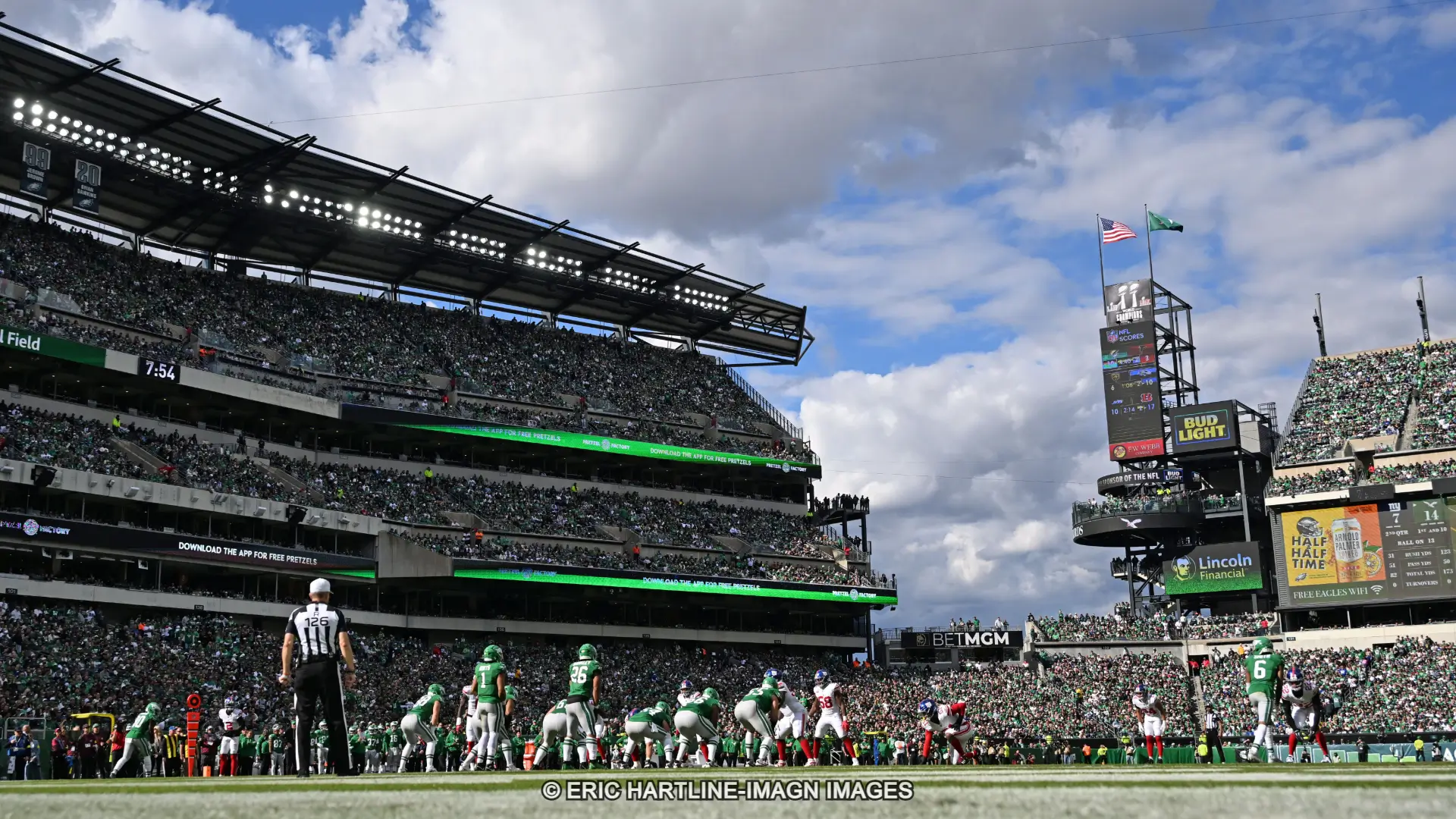Given the sluggishness of online poker launches in Pennsylvania, the Internet version of the peer-to-peer card game in the Keystone State has been holding its own with the promise of picking up steam now that the federal courts have given favorable clarity on the issue of The Wire Act.
Taking all that one step at a time, here’s a look at the state of online poker in Pennsylvania and where it may be headed:
- There’s just one online poker operator currently dealing virtual cards in Pennsylvania, so far. That lone online card room is Pokerstars PA, which launched in November 2019 and it is attached to the Mount Airy Casino in northeast Pennsylvania. Relatively speaking, PokerStars PA has been doing well. PokerStars’ December 2020 online poker revenue in Pennsylvania was $2.73 million. For the full year of 2020, ‘Stars PA revenues were $35.9 million. For comparison, New Jersey — with three online poker operators — did a little more than $3 million in December revenues and $38.8 million for all of 2020. Of course, Pennsylvania has a larger population (12.8 million to Jersey’s 8.9 million).
- While PokerStars is the only online poker operator dealing virtual cards in Pennsylvania, several other operators are approved. Among that group are some well-known names — WSOP.com/888, PartyPoker, BetMGM, and Rush Street, as well as others. They just haven’t launched.
- The reason some operators have been slow to act in Pennsylvania is that poker, as a peer-to-peer game, has a slim profit margin with the operator making its money from a rake (a portion of each pot the house keeps as a commission) or from tournament entry fees. Operators need sufficient player volume to make a worthwhile profit. In the U.S., that volume can only be achieved through agreements among states that would allow for players to compete across state lines.
- That’s where the Federal Wire Act was a stumbling block as the Department of Justice under the Trump administration interpreted the 1961 law to include gambling beyond sports wagering as being prohibited on an inter-state basis. But recently, a Federal Appeals Court rejected that interpretation. The ruling essentially greenlights poker play across state lines — as long as participating states agree.
- To date, three states have signed onto the Multi-State Internet Gaming Agreement (MSIGA), which paves the way for inter-state poker play. Those states are Delaware, Nevada and New Jersey. With the DOJ’s Wire Act rumblings put to rest (and unlikely to resurface in a Biden administration), Pennsylvania should be more eager to join MSIGA. More encouraging news is that Michigan, which recently approved a suite of online gaming, is also poised to join other states to deal poker. The three states currently in MSIGA have a combined population of about 13 million. The good news for poker operators is that Pennsylvania and Michigan add combined populations of nearly 29 million.
Interstate Poker on the Horizon
So far, Pennsylvania’s poker players have been able to participate in online poker tournaments that only include players located within the state. Once inter-state poker is permitted, both poker tournaments and cash games will enjoy the benefits of much larger player pools. Some of those benefits should be a greater range of poker variants being spread at more price points and being held more frequently.
Not to be dismissed is the added benefit of competition to customers. With more operators trying to capture their share of the online poker market, players can look forward to more promotions and perks — similar to what is happening in PA Online Sportsbooks — that can make the game more attractive for the players.
And once the pandemic ends and live poker returns to a pre-pandemic normality, innovative operators might even integrate online participation with bricks-and-mortar experiences to create an exciting synergy.
Look out for the latest BetMGM bonus code PA offering for casino or sportsbook users.






